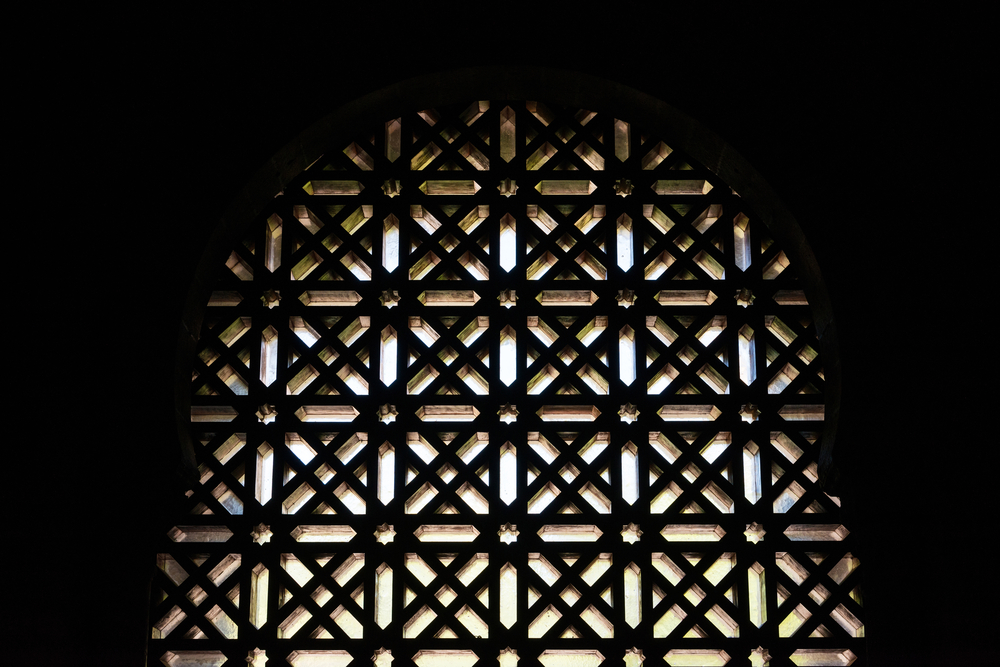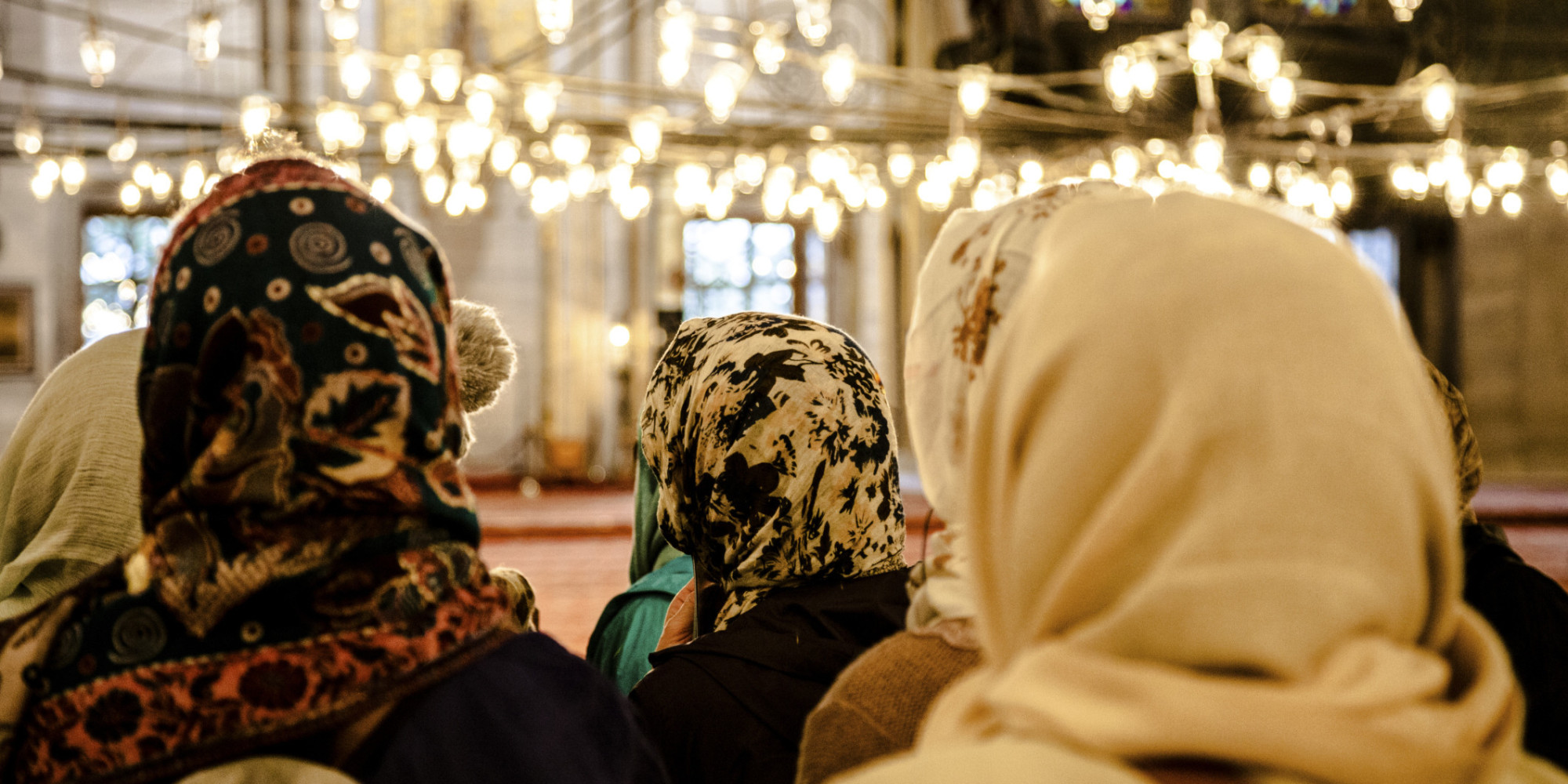QUESTION:
What do the scholars of the Din and muftis of the Sacred Law state regarding the following issue: A women had menses, then after a few days she performed ghusl and prayed Salah, afterwards blood had discharged again. Will she now pray Salah or not?
Questioner: A sister from Birmingham, UK
ANSWER:
بسم اللہ الرحمن الرحیم
الجواب بعون الملک الوھاب اللھم ھدایۃ الحق والصواب
If she has a habitual pattern (i.e normal number of days of menses) and the blood discharged for longer than this pattern but stopped within 10 days, then this is menses.
For example, before she would have menses for 6 days, now after the 6th day she did ghusl and read Salah, then blood discharges again; In this case, up till 10 days this will remain menses and in this period she is excused from Salah. However, if the period goes beyond 10 days, like blood discharges for 12 days, then the habitual pattern of only 6 days was the menses period and the remaining days is istihada. In istihada the prayers are not excused, therefore this woman will offer qada for the prayers of after the 6th up to the 12th day. Whereas if she has no habitual pattern, then the first 10 days will be considered menses and the remaining two days istihada.
As is in Bahar e Shariat – Within the 10 days, if there is a drop worth of impurity in the discharge, then it is menses. If after 10 days and nights the impurity remains, then for a woman with a habitual pattern, the days of the pattern will be menses and the days after is istihada. Whereas if there is no habitual pattern, then 10 days and nights are menses and the remaining is istihada.
[Bahare Shari’at vol.1, part 2, page 373]
واللہ تعالی اعلم ورسولہ اعلم صلی اللہ علیہ وآلہ وسلم
کتبہ ابو الحسن محمد قاسم ضیاء قادری
Answered by Mufti Qasim Zia al-Qadri
Translated by Hamza Hussain
Read the original Urdu answer here: [Q-ID0524] I did ghusl and prayed after my menses bleeding stopped, it has now started again. Do I still pray?













![[Q-ID0196] Does the wet bloodless sustance from a womans private part nullify wudu?](https://www.seekerspath.co.uk/wp-content/themes/hueman-pro/assets/front/img/thumb-medium-empty.png)










